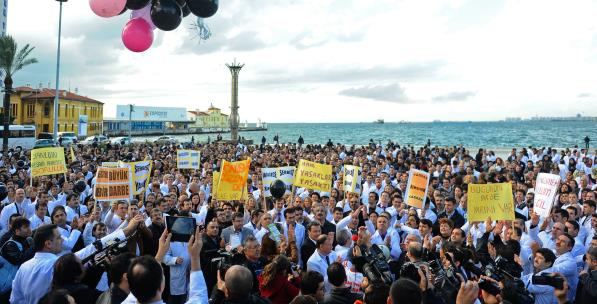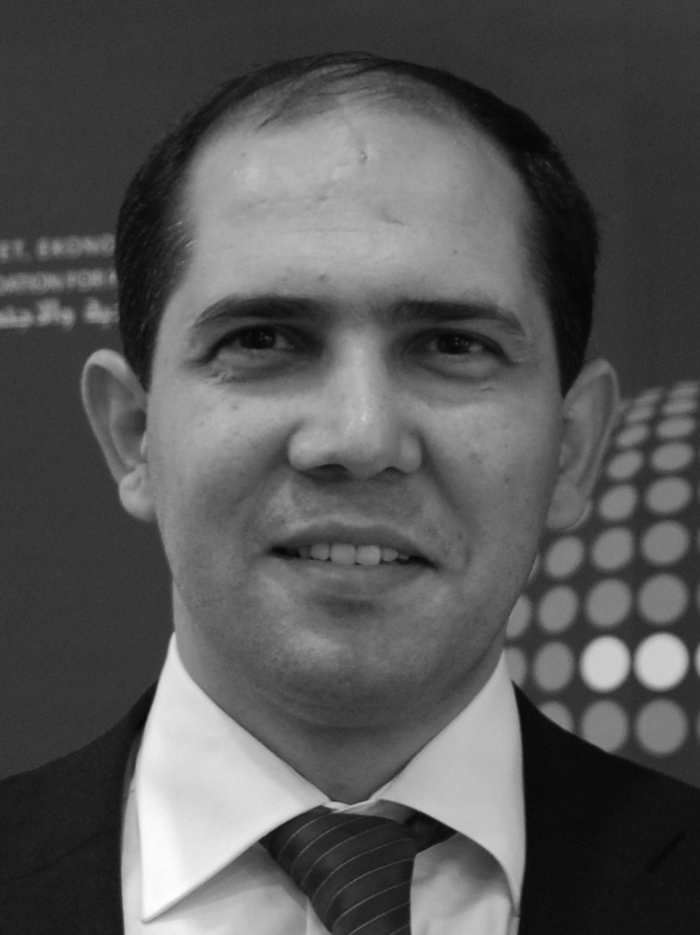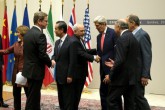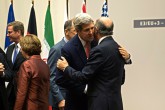Unfortunately, we are very accustomed to the course and style of the current debates over tutoring centers (called “dershane”, private educational institutions that help students prepare for high school and university entrance exams) in Turkey. The sides have immediately taken their places, so have supports and cheer leaders too. Some praise tutoring centers as others mortify them. Thank God some others approach the issue reasonably. The statements issued by Minister of Education Nabi Avcı, the Ministry Undersecretary Yusuf Tekin and Deputy Prime Minister Bülent Arınç have been conciliatory.
In fact, the main reason behind this embroilment is not being able to directly talk about the subject of tutoring centers and education. The problem of some groups, who share their opinion on the issue, is hostility against Prime Minister Recep Tayyip Erdoğan. The tutoring centers become a means for some terror experts and so-called liberal professors who are scrapped in the Resolution Process (about the Kurdish question). Moreover, one of them openly wrote that the discussion is about neither tutoring centers nor education. The issue itself, however, is exactly a quest for education.
FUNCTIONS OF THE TUTORING CENTERS
Certainly, tutoring centers have miscellaneous functions in the society. In this sense, they are obviously venues of socialization. Therefore, it is also for sure that good or bad habits are developed in these institutions depending on the tutoring center and the environment. However, none of these functions is the main objective of tutoring centers. These functions cannot attest the society’s orientation regarding these educational institutions. To that end, defending tutoring centers in terms of social peace means not being able to sufficiently defend them in terms of their contributions to education. Similarly, resorting to the “freedom of enterprise” and calling for the help of the “business tycoons” in order to defend the tutoring centers also means being unable to defend these institutions in terms of their contributions to education.
Don’t get me wrong. I do believe in the freedom of socialization and of enterprise. However, if we want to have a sound discussion over tutoring centers, I think, we should also discuss their future on a pedagogical ground. Otherwise, we face the following picture: “Yes, our education system is in a pathetic condition for various reasons and our children are under a tremendous pressure; but let’s not try to recover the situation simply by saying, what can we do? Children are socializing in tutoring centers and helping some individuals to make profit.” We cannot resolve the issue of tutoring centers without rehabilitating the education system. This is correct. However, inculcating the government for inaction without suggesting any way of improvement for the education system is wrong.
Frankly, the question is this: When is an attempt of seeking regulations on tutoring centers considered not as a “coup”? If a reasonable answer is found to this question, there will be no reservations about good intentions of anybody. In other words, when is the best time for those, who have fiercely reacted to date against any attempt of regulating tutoring centers, that they will not go ballistic about it? For instance, is it OK to make a regulation after a three-year transition period? If shutting down all the tutoring centers overnight by passing an omnibus law is called a “coup”, then saying “You cannot make any regulation” on an issue that everyone is complaining about means flat tutelage.
FOR OUR CHILDREN
Let’s settle this first: Yes, most of us attended the tutoring centers and we think that they were useful for us. However, let us also settle that this system is not an ideal system and has heavy financial and emotional burdens on both families and children. Scientific data support these theses. For this reason, we s



